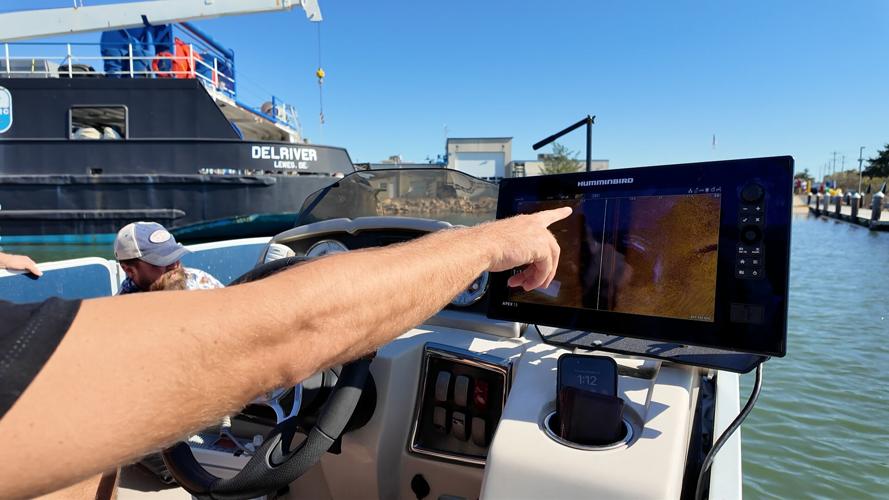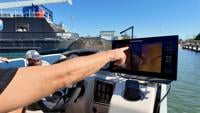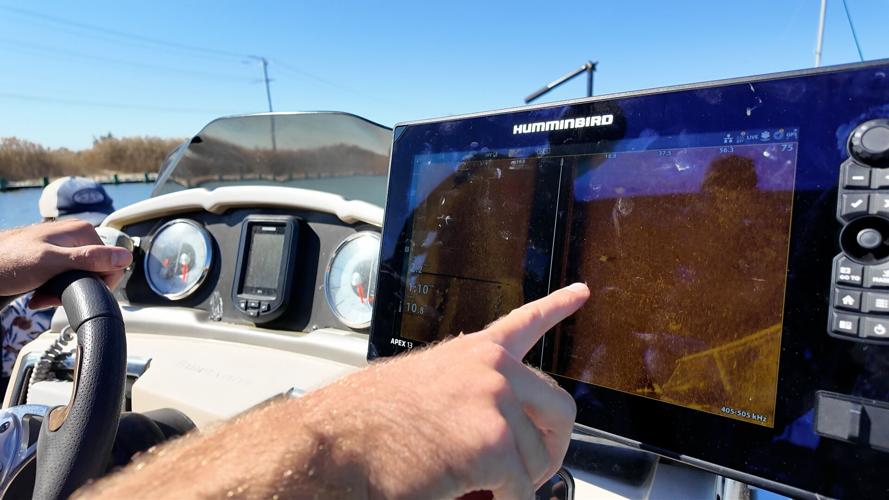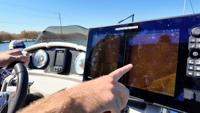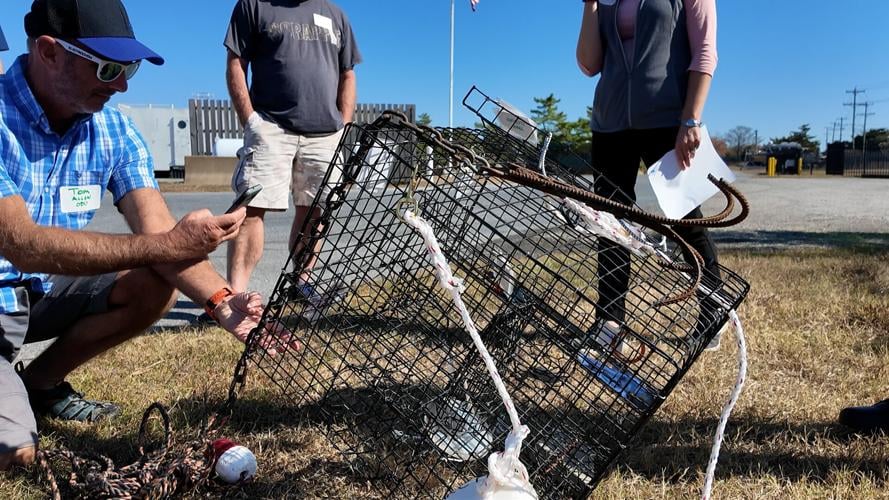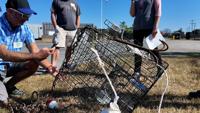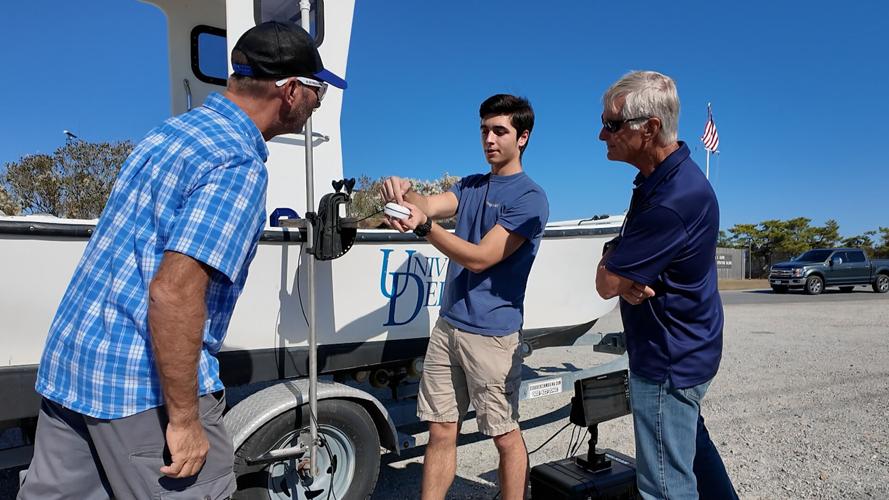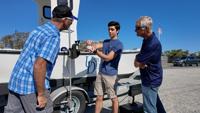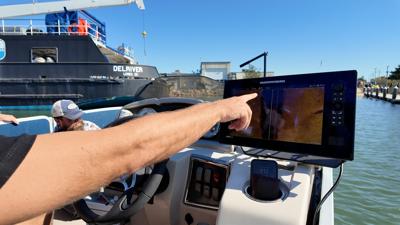LEWES, DE - The University of Delaware hosted a workshop to teach local boaters how to detect derelict crab pots using sonar at their Lewes campus on Tuesday.
University officials said events like Tuesday's workshop hope to expand the research they've been doing with the technology to those in the community.
Brittany Haywood is the Coastal Ecology Specialist at the university's Sea Grant office. Haywood said the work helps to clean the bays for both marine life that gets trapped in the derelict pots and for boaters navigating Delaware's Bays.
"There's an estimated 30,000 pots out there," Haywood said. "We're trying to get these pots out to stop the ghost fishing, and to stop boats from accidentally running into them or getting them wrapped around their prop."
The workshop held three hands-on demo events, as well as educated attendees on the research the university has been doing.
The first portion of the demos taught boaters how to set up the mobile sonar units, as well as how to attach them to their boat.

Two attendees learning how to attach the mobile sonar unit to a boat.
The second portion showed attendees how to spot the crab pots while on the water using the mobile sonar unit.

A researcher pointing at the solid shape on the sonar map, which is how derelict crab pots appear on the map.
Finally, the third segment taught the boaters how to remove derelict crab pots from the bottom of the bays using grapples and other tools.

Attendees looking at an example derelict crab pot, with a grapple attached to the top.
University officials told WBOC that, after today's event, any of the attendees are now trained and able to rent out the mobile sonar units. Haywood said this would help continue their team's research, map out derelict crab pots, and help clean up the waters.
"We even had someone ask today if they could take one tomorrow to figure out how to start using it," Haywood said.
Gary Nennstiehl was one of the local boaters attending Tuesday's workshop. Nennstiehl said he has helped with crab pot removal for the past three years, but came out to the workshop to learn how to detect the pots using sonar.
"This is one of those feel-good projects," Nennstiehl said. "You might work hard, you might get muddy, but you're gonna feel like you really did something right."
University officials said the workshop is in preparation for their upcoming Crab Pot Round-Up, which runs from November 1st through November 3rd.
According to University leaders, boaters who attended Tuesday's workshop and additional volunteers will go out on the waters to clean up derelict crab pots from Delaware's Inland Bays. Those interested in more information can visit the Delaware Sea Grant website.

